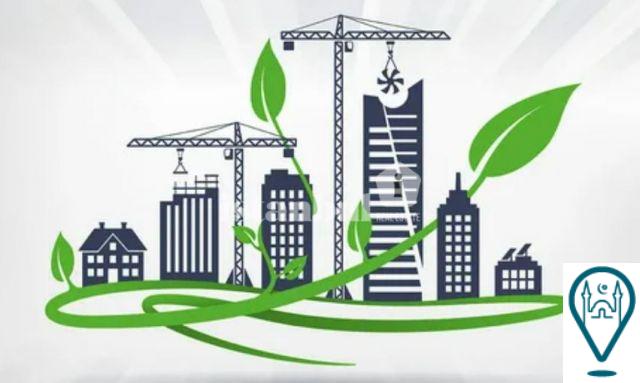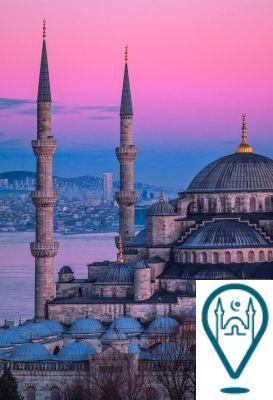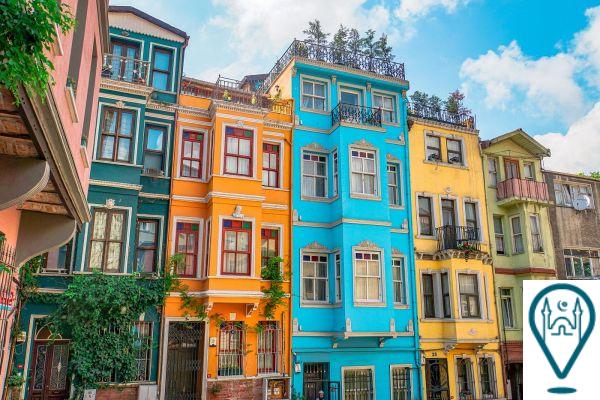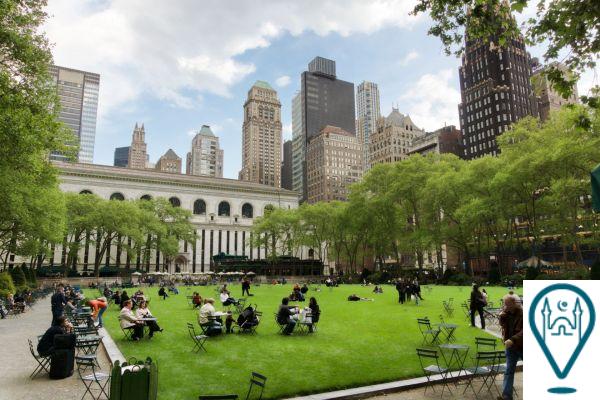
Eco-Friendly Living: Sustainable Practices and Initiatives in Istanbul
In recent years, Istanbul has witnessed a significant transformation in its real estate sector, with a growing emphasis on eco-friendly and sustainable construction practices. This shift is driven by a heightened awareness of environmental concerns and a commitment to creating more sustainable living spaces. In this article, we will explore the various initiatives and practices that are making Istanbul's real estate projects more environmentally friendly.
Conclusions
Istanbul's real estate market has embraced eco-friendly trends, with a focus on green building certifications, energy efficiency, sustainable materials, green spaces, water conservation, and eco-friendly transportation. Developers are increasingly seeking certifications such as LEED and BREEAM to showcase their commitment to environmental responsibility. Energy-efficient designs, including the use of appliances, LED lighting, smart climate control systems, and solar panels, are reducing electricity consumption and carbon emissions. Sustainable materials like recycled steel, reclaimed wood, and low-impact concrete are being chosen to minimize the environmental footprint. Incorporating green spaces and landscaping into projects enhances aesthetics while promoting biodiversity and improving air quality. Water conservation practices, such as low-flow plumbing fixtures, rainwater harvesting systems, and efficient irrigation methods, are being integrated to minimize water wastage. Proximity to public transportation hubs, bike-sharing stations, and electric vehicle charging infrastructure are becoming key features in real estate planning. Developers are also creating sustainable communities with amenities like recycling centers, community gardens, and educational programs to encourage sustainable living among residents. Istanbul's real estate industry is undergoing a significant transformation towards eco-friendly and sustainable construction practices, making it an attractive destination for environmentally conscious investors.
Historical Context and Evolution
The shift towards eco-friendly and sustainable construction practices in Istanbul's real estate sector is a relatively recent development. In the past, the focus was primarily on meeting the growing demand for housing without much consideration for environmental impact. However, as awareness of climate change and environmental degradation grew, there was a realization that the real estate industry had a significant role to play in mitigating these issues.
Over the years, Istanbul has witnessed a gradual shift towards more sustainable practices. This evolution can be attributed to several factors, including increased awareness among developers and investors, changing consumer preferences, and government initiatives promoting sustainable development. The adoption of green building certifications, such as LEED and BREEAM, has played a crucial role in driving this transformation. These certifications set stringent standards for sustainable construction and provide a framework for developers to follow.
Furthermore, advancements in technology and the availability of eco-friendly materials have made it easier for developers to incorporate sustainable practices into their projects. The use of energy-efficient appliances, LED lighting, smart climate control systems, and solar panels has become more widespread, thanks to advancements in technology and increased affordability. Similarly, the availability of sustainable materials like recycled steel, reclaimed wood, and low-impact concrete has made it easier for developers to choose environmentally friendly options.
Additionally, there has been a growing recognition of the importance of green spaces and landscaping in real estate projects. Rooftop gardens, vertical gardens, and communal green areas not only enhance the aesthetics of properties but also provide numerous environmental benefits. These green spaces promote biodiversity, improve air quality, and contribute to the overall well-being of residents.
Overall, the historical context and evolution of eco-friendly and sustainable construction practices in Istanbul's real estate sector reflect a growing awareness of environmental concerns and a commitment to creating more sustainable living spaces.
Analytical Insights
To gain a deeper understanding of the eco-friendly and sustainable practices in Istanbul's real estate sector, let's explore some analytical insights:
| Key Point | Insight |
|---|---|
| Green Building Certifications | The adoption of green building certifications, such as LEED and BREEAM, has seen a significant increase in Istanbul's real estate projects. This demonstrates a commitment to environmental responsibility and sustainability. |
| Energy Efficiency | Istanbul's real estate projects are incorporating energy-efficient designs, including the use of appliances, LED lighting, smart climate control systems, and solar panels. This focus on energy efficiency helps reduce electricity consumption and carbon emissions. |
| Sustainable Materials | Developers in Istanbul are opting for sustainable materials like recycled steel, reclaimed wood, and low-impact concrete. These materials not only reduce the environmental footprint but also contribute to healthier indoor air quality. |
| Green Spaces and Landscaping | The incorporation of green spaces and landscaping into real estate projects is gaining traction in Istanbul. Rooftop gardens, vertical gardens, and communal green areas enhance the aesthetics of properties while promoting biodiversity and improving air quality. |
| Water Conservation | Istanbul's real estate developers are addressing water scarcity through innovative water conservation practices. Low-flow plumbing fixtures, rainwater harvesting systems, and efficient irrigation methods are being integrated into projects to minimize water wastage. |
| Eco-Friendly Transportation | Sustainable transportation options are becoming a focal point in real estate planning. Proximity to public transportation hubs, bike-sharing stations, and electric vehicle charging infrastructure are features that eco-conscious investors seek in Istanbul's real estate. |
| Sustainable Communities | Developers in Istanbul are creating sustainable communities that promote a greener lifestyle. These communities often include amenities like recycling centers, community gardens, and educational programs to encourage sustainable living among residents. |
These analytical insights highlight the various aspects of eco-friendly and sustainable practices in Istanbul's real estate sector, showcasing the industry's commitment to environmental responsibility.
Future Outlook
The future of eco-friendly and sustainable practices in Istanbul's real estate sector looks promising. As the global focus on environmental sustainability intensifies, the demand for eco-friendly properties is expected to rise. This presents an opportunity for developers to further innovate and incorporate sustainable practices into their projects.
One area of potential growth is the integration of renewable energy sources. While solar panels are already being used in some projects, there is room for expansion. Developers can explore other renewable energy options, such as wind turbines or geothermal systems, to further reduce carbon emissions and reliance on traditional energy sources.
Additionally, the concept of sustainable communities is likely to gain more prominence. Developers can create integrated neighborhoods that prioritize sustainability, offering a range of amenities and services that promote eco-friendly living. This includes features like shared electric vehicle fleets, community gardens, and waste management systems that encourage recycling and composting.
Furthermore, advancements in technology will continue to play a crucial role in driving sustainable practices. Smart home systems that optimize energy consumption, water usage, and waste management are expected to become more prevalent. These technologies will not only enhance the sustainability of individual properties but also contribute to the overall efficiency of the built environment.
In conclusion, Istanbul's real estate industry is on a path towards a more eco-friendly and sustainable future. The adoption of green building certifications, energy-efficient designs, sustainable materials, green spaces, water conservation practices, and eco-friendly transportation options reflects a commitment to environmental responsibility. As the demand for eco-friendly properties grows, developers have the opportunity to further innovate and create sustainable communities that promote a greener lifestyle. By investing in Istanbul's sustainable real estate, individuals not only stand to gain financial benefits but also contribute to a healthier and more environmentally friendly future.








